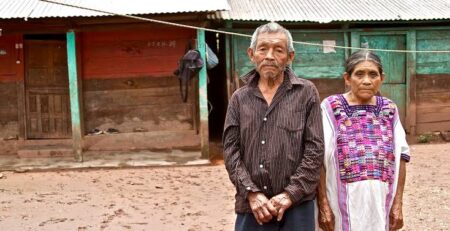Non-Contributory Pensions Number-Gender Effects on Poverty and Household Decisions
By Miguel Ángel Borrella, Mariano Bosch & Marcello Sartarelli
Non-contributory pensions, designed to reduce old-age poverty particularly in countries with low contributory coverage, may induce a variety of household behavioural responses. This paper tests whether they vary with beneficiaries number and gender in Bolivia, one of the countries with the lowest contributory coverage worldwide. Taking advantage of a discontinuity in eligibility at age 60 in the Renta Dignidad pension, we estimate these effects by using a bi-dimensional regression discontinuity design, with spouses’ age as forcing variables. We find that, despite increasing income, the impact on poverty is mixed and not significant. Although potentially puzzling, this is rationalised by household responses. When receiving two pensions, household size increases due to beneficiaries’ adult children working in the household and to grandchildren. In addition, female labour supply decreases weakly. When receiving one, instead, transfers to other households increase only if the beneficiary is male. Our results suggest that variation in beneficiaries number and gender plays a relevant role in explaining pension positive spillovers to households with no elderly.
Full Content: Ideas










